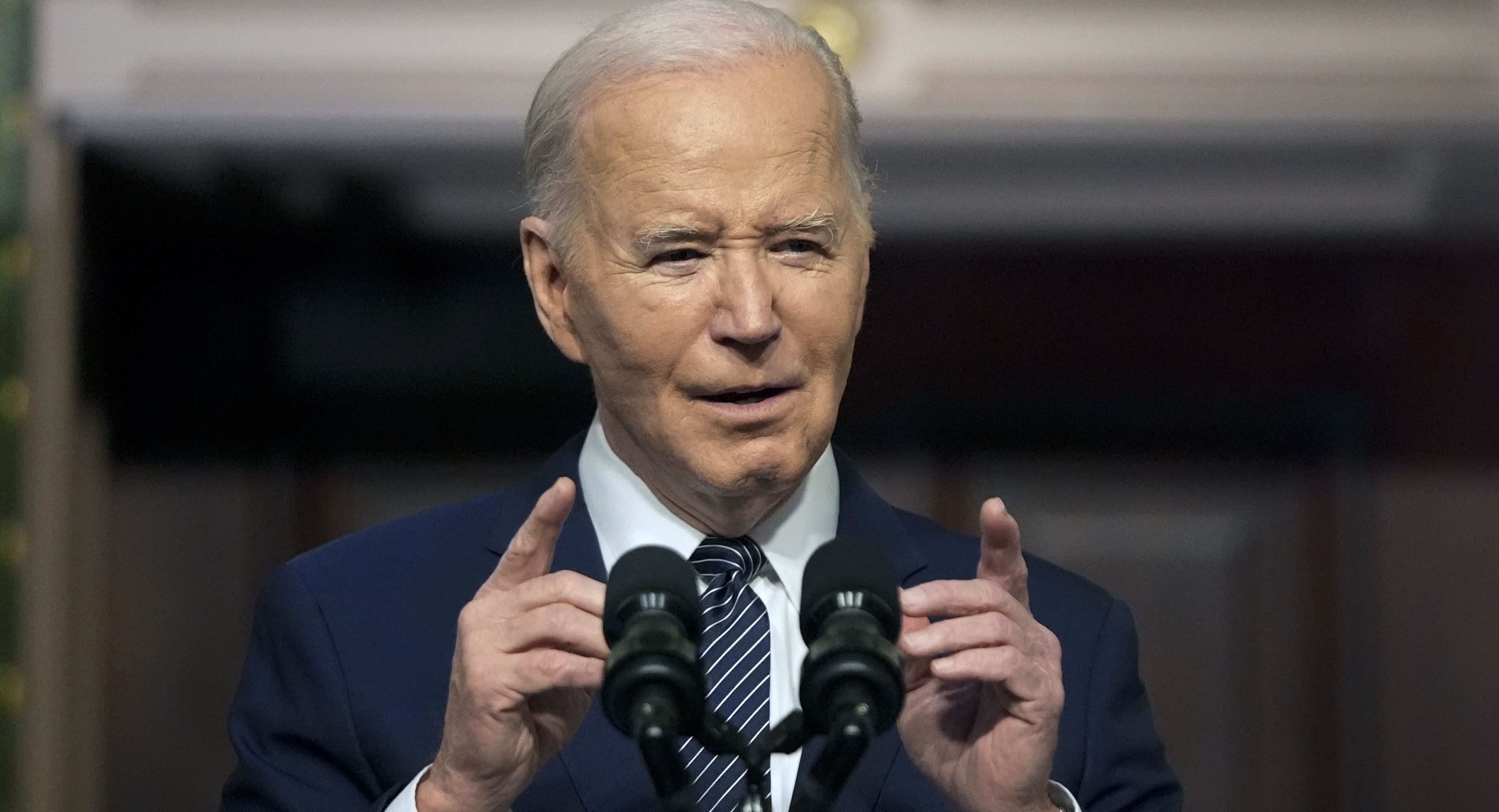In Chicago politics, few quests are more quixotic and seemingly doomed to failure than trying to unseat a well-liked, 20-year incumbent from a family that has held political office in the city for almost 50 years.
Longtime Albany Park resident Joe Laiacona doesn’t seem to care.
Laiacona, who is challenging Ald. Margaret Laurino in the 2015 municipal elections, realizes he has a tough task ahead of him. His opponent is well-funded, well-connected and, after 20 years in office, deeply embedded in the political machine that runs the city and the Northwest Side where the 39th Ward resides.
Further, the last two candidates to run against Laurino— Chris Belz in 2007 and Mary K. Hunter in 2011—lost badly, with Laurino pulling more than 75 percent of the vote each time. As well, she’s raised over $1.1 million since 2000, and counts political heavyweights such as the Chicago Association of Realtors, Comcast and the Laborer’s Union among her biggest supporters.
So why is Laiacona, 67, running? When asked, he offers three main reasons. First, the ward is changing, in part due to a remap in 2015. Second, after 20 years in office, Laiacona beleives Laurino has become isolated from her constituents. And, finally, he says he has no other choice than to serve his community politically.
The 2015 municipal election won’t be Laiacona’s first electoral go-round, either. Nor will it be the first time he’s taken on an entrenched political family.
In 2010, he ran against incumbent Deb Mell in Democratic primary for the 40th Illinois House district. Mell, the daughter of longtime Chicago alderman and political powerbroker Dick Mell, survived an early residency challenge from Laiacona to win with 65 percent of the vote.
Chicago Politics
For her part, Laurino learned the family business at the feet of her father, Tony, who was elected alderman no less than seven times, starting in 1965. Margaret was appointed to the seat by former Mayor Daley in 1994, after her father was indicted in a ghost payroll scheme.
As a longtime political activist and an openly gay man, Laiacona wears his progressive politics proudly on his sleeve. As a part-time computer science instructor at Columbia College Chicago, a position he held for 21 years, he helped found a staff union that ultimately numbered more than a thousand. Today, he serves as a community member of Roosevelt High School Local School Council and a voting member of North Side Democracy For America.
And, by his estimation, his progressive stance will be one of the keys to his victory. Though not as much as some, the ward boundaries were moved considerably in the 2015 remap process. Laiacona expects the changes will take away some of Laurino’s traditional voting base and expose her to a new group of wealthier, white and potentially more liberal voters.
“By and large, people who know here, like her—but a lot of folks don’t know a lot about her,” Laiacona says. “The positive feedback I’ve received is she sends out nice newsletters. If I canvass a precinct that is [in the old] 39th Ward, the opinion of her is set. But if I canvass a precinct that has changed [in the remap], people are oblivious to her and what she’s done or not done.”
Like other parts of the Northwest Side, the 39th Ward has it’s share of stable residential communities and established, if not particularly dynamic, commercial districts—exactly the kind of ward that can support a nuts-and-bolts, resident-focused aldermanic style Laurino can boast of. In a 2011 endorsement of Laurino, the Chicago Tribune also pointed to her efforts to use TIF dollars to help save 400 jobs, along with efforts to spruce up the Peterson Pulaski industrial corridor, as part of her accomplishments.
But Laiacona says it’s not enough. For proof, he cites the reactions of potential voters when he knocks on their doors as part of his early canvassing for the campaign. Often, he says, voters are surprised to see him.
“One of my main campaign strategies is to simply knock on a lot of doors,” he says. “House to house, and face to face with voters. That may seem basic, but again and again people are surprised to meet me, because that’s something [Laurino] hasn't done in years.”
The third part of his strategy lies in his progressive platform, which he sees as a marked change from the go-along, get along machine politics he says his opponent traffics in.
“I want to join the Progressive Reform Coalition in City Council to help represent Chicago voters, not Chicago corporations,” he says. “I believe in quality, fully-funded public education, access for all to both physical and mental health services and the creation of jobs through public investment in infrastructure improvements, especially as pertains to public schools, parks and transportation.”
Asked for comment on news she would have a challenger, Laurino’s press secretary, Manuel Galvan, said “The municipal election is a little over a year away. Anyone who fits the criteria established by the board of election commissioners for the city of Chicago is entitled to run.”
With more than a year left to go before voters go to the polls, Laiacona knows he has a hard road ahead of him.
“It will be a difficult race, there’s no question about that,” he says. “But I really don't have a choice. First off, I don't think history always repeats itself. And second, it’s in my heart. It’s something I want to do as a service to my neighbors.”



